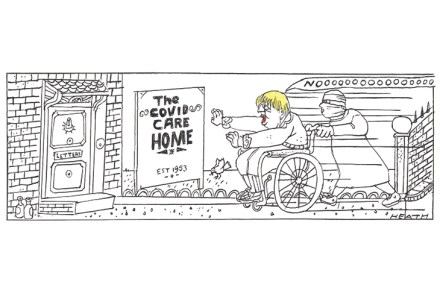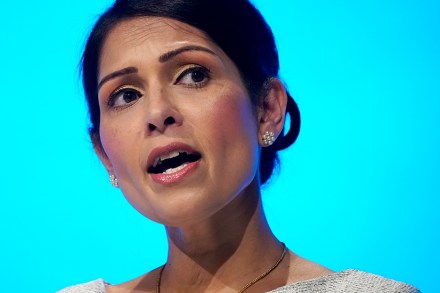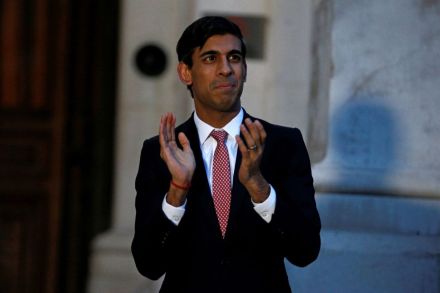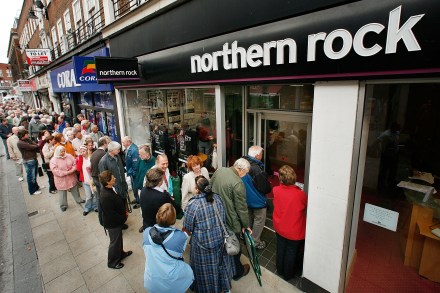Portrait of the week: Sunak’s statement, shop closures and a hoo-ha over Boohoo
Home Rishi Sunak, the Chancellor of the Exchequer, announced measures intended to stimulate the economy. Under a £111 million scheme, companies in England would be given £1,000 for each new work experience place they offered. Under a £2 billion scheme, householders would be given two-thirds of the cost of energy-saving work such as insulation, up to £5,000. The government made available £1.57 billion in emergency support for the arts and heritage sites; it was to go to institutions, not freelance performers. Among business failures and job losses, sandwich chain Pret A Manger was to close 30 of its 410 shops and lose 1,000 staff. Up to 5,000 jobs were to




















